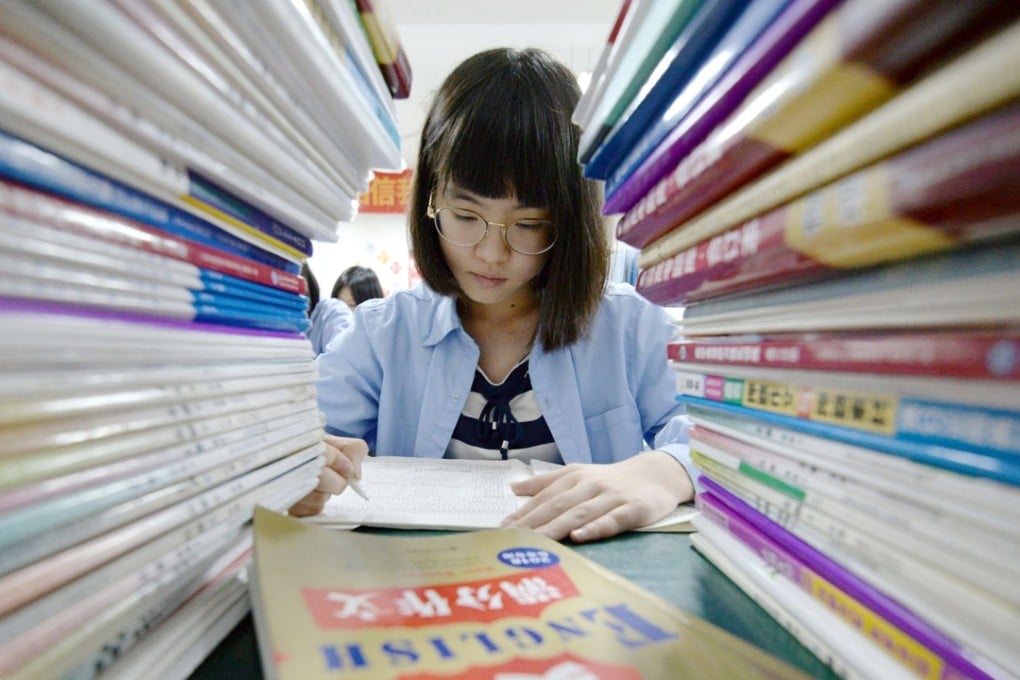China’s third largest education provider Puxin surges 25pc on New York debut

Shares of Puxin, China’s third largest after-school education company, surged on its New York Stock Exchange debut on Friday, shrugging off concerns after another US-listed Chinese education company, TAL Education, was accused of inflating profit by a short seller.
The shares rose 25 per cent as of 11:12am US time to US$21.24, higher than the opening price of US$17 per share. About 7.2 million American Depositary Shares were floated on the bourse, raising more than US$120 million.
“We are aiming to double the company’s net revenue from last year to 2.5 billion yuan (US$388.3 million) this year,” Wang Peng, Puxin’s chief financial officer said by phone from New York, soon after ringing the opening bell to launch the start of trading.
“For the next three years we will focus on hundreds of Chinese cities across first tier to lower tier cities,” he said, adding that the company does not have any overseas acquisition plans as yet.
TAL Education has been accused by short seller Muddy Waters of inflating net profit by more than 40 per cent, causing its shares to plunge by nearly 10 per cent in New York on Wednesday. TAL extended its losing streak on Friday, losing another 4.4 per cent in early trading.
TAL said Muddy Waters’ allegations contained “numerous errors, unsupported speculation and malicious interpretations of events”.
Wang shrugged off concerns about the share performance of overseas listed Chinese education companies following the TAL incident, saying the company will not be daunted by the “short-term market buzz” that causes volatility in companies’ share prices. Instead, he believed there was still huge room for education companies to grow in China, as the top five players have so far only taken over around four per cent of the share.